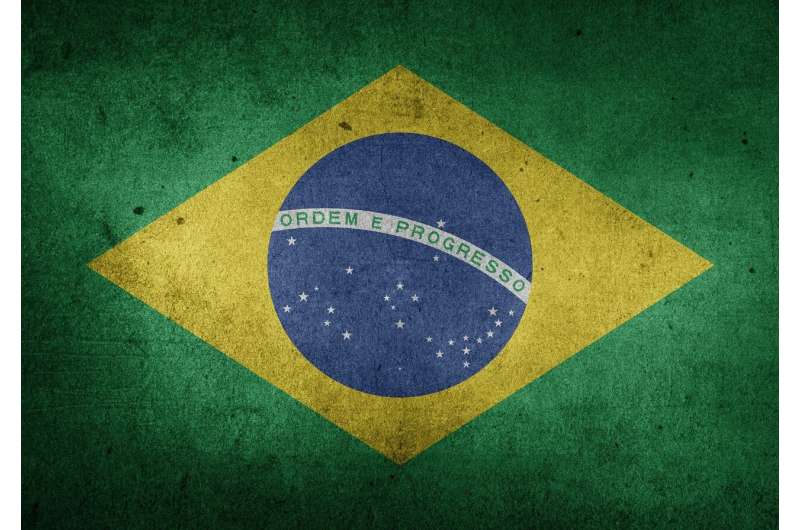

The rise of authoritarian populism in Brazil has weakened structures that stabilize democracy—mirroring trends in wider global society and potentially making it harder for the country to strengthen its democracy in future, a new study reveals. The findings are published in the journal Direito Público.
The experiences of Brazilians in recent years under the administration of former President Jair Bolsonaro highlight the weakening of welfare systems and human rights protections critical in maintaining democratic stability.
This, in turn, contributed to the rise of militarism in government, a pattern seen in other populist regimes, with the absence of warfare during Brazil’s democratic transition in the 1980s reducing the capacity of its institutions to resist militarization.
Researchers from the Universities of Birmingham and Manchester say that polarization on welfare policies and rejection of international human rights severely weakened these foundational elements.
Co-author Professor Chris Thornhill, from the University of Birmingham, commented, “Brazil’s experience reflects global trends of democratic erosion and resilience, highlighting the crucial role of welfare systems and human rights protections in maintaining democratic stability. Strong democracies are built on inclusive welfare provision and broad access to international human rights, but authoritarian populism undermined these foundations, creating an exclusionary view of citizenship and intensifying social conflicts.
“The intricate “wiring” of welfare and human rights systems that contribute to democracy by reducing polarization remains a crucial safeguard. The future of democracy in Brazil—and other countries like it—is likely to rest on the restoration of these essential elements.”
The researchers pose critical questions about the broader relationship between militarism and democracy, suggesting that democracies established in peacetime may be more vulnerable to authoritarian populism and militarization than those founded in the aftermath of war.
Unlike most countries in Western Europe, whose democratic institutions emerged from warfare, Brazil’s democracy was established in the 1980s without the backdrop of war. One result of this was that patterns of consensus regarding welfare provision instilled in society by military conflict did not provide societal support for constitutional rule.
Co-author Lucas Delgado, who wrote his Ph.D. with Thornhill at the University of Manchester, commented, “It remains to be seen whether Brazil will prove to be a resilient or a failing democracy, since rebuilding welfare systems and restoring human rights protections will be far more difficult than the process of dismantling them. Meanwhile, Brazil’s recent tendency to associate the defense of democracy with criminal prosecution does not seem to produce promising outcomes.”
Under the administration of former President Jair Bolsonaro, the intensification of controversies surrounding welfare policies and increased polarization regarding human rights law created fertile ground for populist authoritarianism. This led to marginalization of individuals and groups aligned with the Workers’ Party, limiting their influence in political life, and in some cases, affecting their full rights as citizens.
Broader democratic outcomes typically supported by welfare and human rights protections were further undermined, creating an environment where societal divisions deepened, and partisanship dominated political behavior.
More information:
Lucas Delgado et al, Conjunctures of Democracy Erosion: Is Brazil a Global Paradigm of Resilience?, Direito Público (2024). DOI: 10.11117/rdp.v21i110.7856
Provided by
University of Birmingham
Citation:
Authoritarian populism has weakened democracy in Brazil, says study (2024, October 1)
retrieved 2 October 2024
from https://phys.org/news/2024-10-authoritarian-populism-weakened-democracy-brazil.html
This document is subject to copyright. Apart from any fair dealing for the purpose of private study or research, no
part may be reproduced without the written permission. The content is provided for information purposes only.

